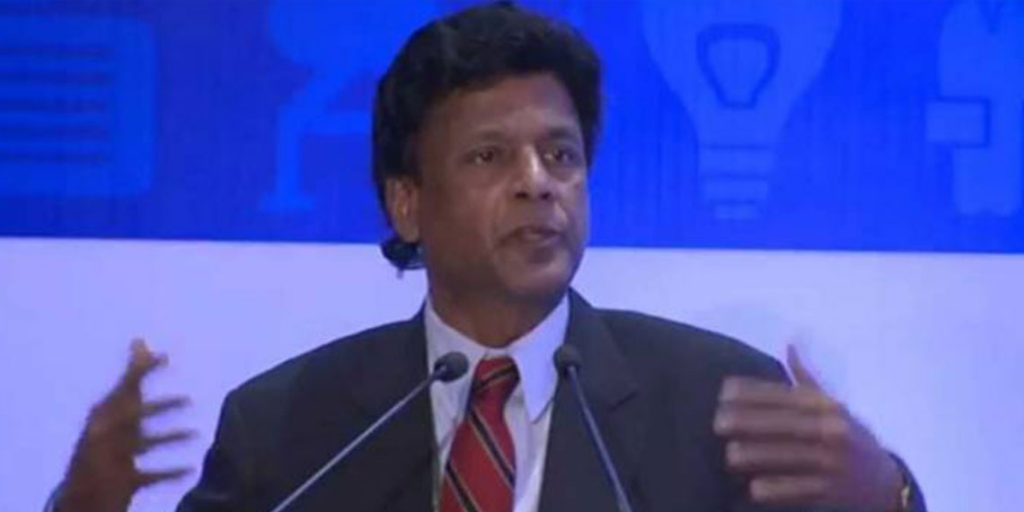There have been persistent, now turning desperate, calls for a new political order in Guyana. We insist, however, that any new political system we construct, ought to be built on a foundation of justice with the cement of truth. We therefore turn to our realities in Guyana, where we are hoping by now that even the PNC would concede that we should aim for a multicultural/multiethnic society and polity striving to improve our welfare through the free enterprise system within a democratic state.
We would agree that we Guyanese have to achieve some commonality of purpose, which would obviously assist to pull us through the inevitable bad patches. We propose that a feeling of “we the people” – of “Guyanese-ness” – can be engendered in the process of our conscious construction of a democratic state. We call this “Project Democracy” – the creation of conditions where we are all treated as one – equally – by the state. We propose democracy as our goal since the autonomous end of politics – the authoritative allocation of power – is the fundamental problematic of our polity. Our ethnic security dilemmas are a consequence of our fear of powerlessness under the present political system. Equality of opportunity; affirmative action; due process; justice and fair play and rule of law may seem dry compared to the warmth of the blood ties of “nation”, but it can engender the unity of public purpose and the recognition of individual worth through common citizenship.
And what would provide the incentive for creating such a state? The same incentives that spurred the development of every other democracy – crises and social conflicts. Our present crisis has already precipitated a wide-ranging discourse as to what state structures may distribute power more equitably in Guyana. The test of our democratic system would be to successfully mediate the social conflicts in our society and achieve such goals as economic growth, material security, cultural autonomy and freedom from arbitrary violence.
Even as we agonise over our failure to improve our circumstances, we have overlooked the fact that not only “nation” but the “state” itself and the other mega-institutions are also variables and that they can each be modified to further our goal of deepening democracy in Guyana. The question, we feel, which has to be answered is what state structure can provide the most incentives for politicians to equitably distribute power amongst the various groups in the polity? That is, we have to create the context for democracy to take root. Integrative federalist principles have informed most of the innovations across the world in multinational/ethnic states, which have been able to alleviate hostilities and further the democratic ideal.
Our cultural/national sphere would be demarcated as a private one, with minimal state intervention. Multiculturalism would be the order of the day. Amongst modern states, Canada seems to have hit a good note for us to emulate, with its stress on citizenship and multiculturalism and rejection of jingoism. We have an opportunity to close the gap between the “one-nation” model, which can lead to chauvinism, and hatred of the “other”, and the “individualised” ideal, which spawns anomic, atomised, angst-filled souls. In our multicultural/multinational state, the acceptance that humans need to belong to a coherent “way of life” can be accommodated and balanced by the simultaneous necessity to learn about other cultures and possibilities. This provides the democratic imperative of choice in that it privileges no individual or group (such as Whites) as a “superior” standard for emulation.
In terms of institutions coordinating the activities of our citizens we will have to strike the balance amongst the roles of the state (coercion), market (competition) and community (cooperation). With our necessity to accommodate diversities, we see federalist, devolutionary principles informing our governmental structures – with a key role for the villages. A market oriented free enterprise system would allow us to plug directly into the global marketplace and be disciplined and toughened by international competition. Internally, of course, it would provide a locus of countervailing power to the always potentially predatory state.
